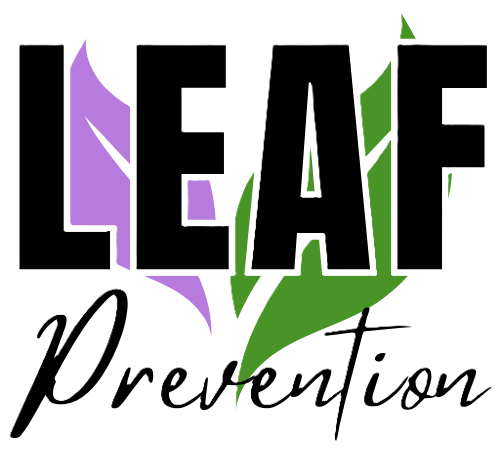

Blog Posts
Imagine this: You’re at the dinner table with your teenager, and the conversation shifts to a topic you’ve been worried about—maybe it’s vaping, staying out late, drinking alcohol, grades slipping, or drug use. Within minutes, voices are raised, your teen’s arms are crossed, and what started as a talk has spiraled into a full-blown argument. You’re probably moments away from someone storming out of the room.
During adolescence, teens experience intense emotions and strive for independence. They often feel judged or controlled, while parents believe they know best. This can quickly lead to misunderstandings, frustration, and conflict. So, how can we prevent important talks from turning into arguments?
Preparation can help
Before starting a conversation, try to see things from your teen’s point of view. Realize that what seems like a straightforward concern to you might feel like a personal attack to them.
Timing can make or break a conversation. If possible, avoid bringing up serious topics when anyone is tired, stressed, or distracted. Discussions while doing an activity can often be less confrontational than face-to-face conversations.
Listen More than you Speak
Give teens the space to express their feelings and thoughts without interrupting. This helps in understanding their perspective and shows that you respect their opinion, which can reduce defensiveness.
Arguments often spiral when the conversation drifts into unrelated grievances or past mistakes. Keep the discussion centered on the issue, and resist the urge to bring up old conflicts.
How to Diffuse Arguments
If you notice a conversation escalating, pause and acknowledge the tension. Have your own toolbox to keep your emotions in check—think: “Pause, breathe, listen,” count to 10, or visualize “unplugging” yourself from a power source. Keep trying different techniques until you find one that works for you.
Remember that teenage brains aren’t fully developed and it’s harder for them to control their emotions. You’re the adult in the situation. Recognize that family members know how to “press your buttons,” and try to detach your feelings from eye-rolling, cussing, or deep sighs that might irritate you. Think: “They’re having a hard time talking about this” rather than focusing on any annoyance you might begin to feel. Try to make your tone and body language relaxed instead of tense.
However, you don’t need to tolerate aggressive behavior. Perhaps suggest taking a break to cool down and revisit the topic later. This can prevent the discussion from getting out of control and give both of you time to reflect.
Arguments happen. No one is perfect. However, if we can learn to approach conversations with empathy, patience, and a genuine desire to understand, we can strengthen relationships with our teens. It’s not about avoiding conflict or difficult topics but ensuring that our talks don’t escalate into shouting matches. When discussions remain calm and respectful, your teen will be more likely to turn to you for support in the future.
If you need support for talking to teens about drugs, alcohol, cigarettes, or vapes, reach out to LEAF for advice and support at (607) 432-0090.
These are some other blogs you might be interested in:
https://leafinc.org/blog/having-the-talk-with-your-kids-and-were-not-talking-about-sex
https://leafinc.org/blog/start-early-10-ways-to-talk-to-young-children-about-drugs-alcohol
#Hashtags
#BacktoSchoolSafety #BacktoSchool #Fall2024 #RaisingKids #ParentingCommunity #ParentingJourney #VapingAwareness #SoberSchoolYear #ParentingTweens #ParentingTeenagers
Sources
CDC (2024) “Positive Parenting Tips: Adolescence.”
https://www.cdc.gov/child-development/positive-parenting-tips/adolescence-15-17-years.html
Navarro, J. and Oud, A-M (2023) “20 Ways to De-Escalate Emotional Situations.” Psychology Today.
https://www.psychologytoday.com/us/blog/spycatcher/202307/20-tips-for-de-escalating-emotional-situations
All sources accessed September 24, 2024.